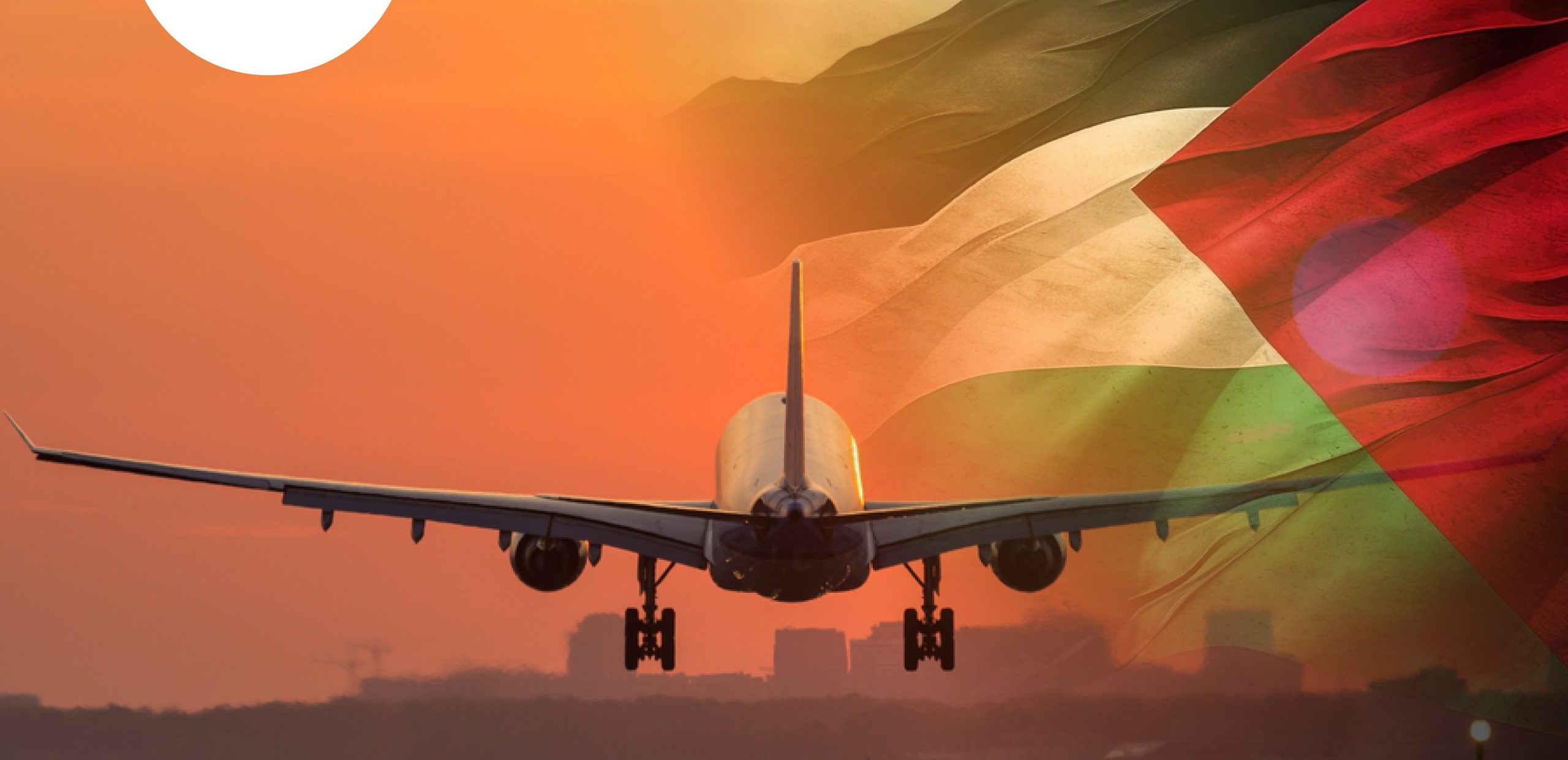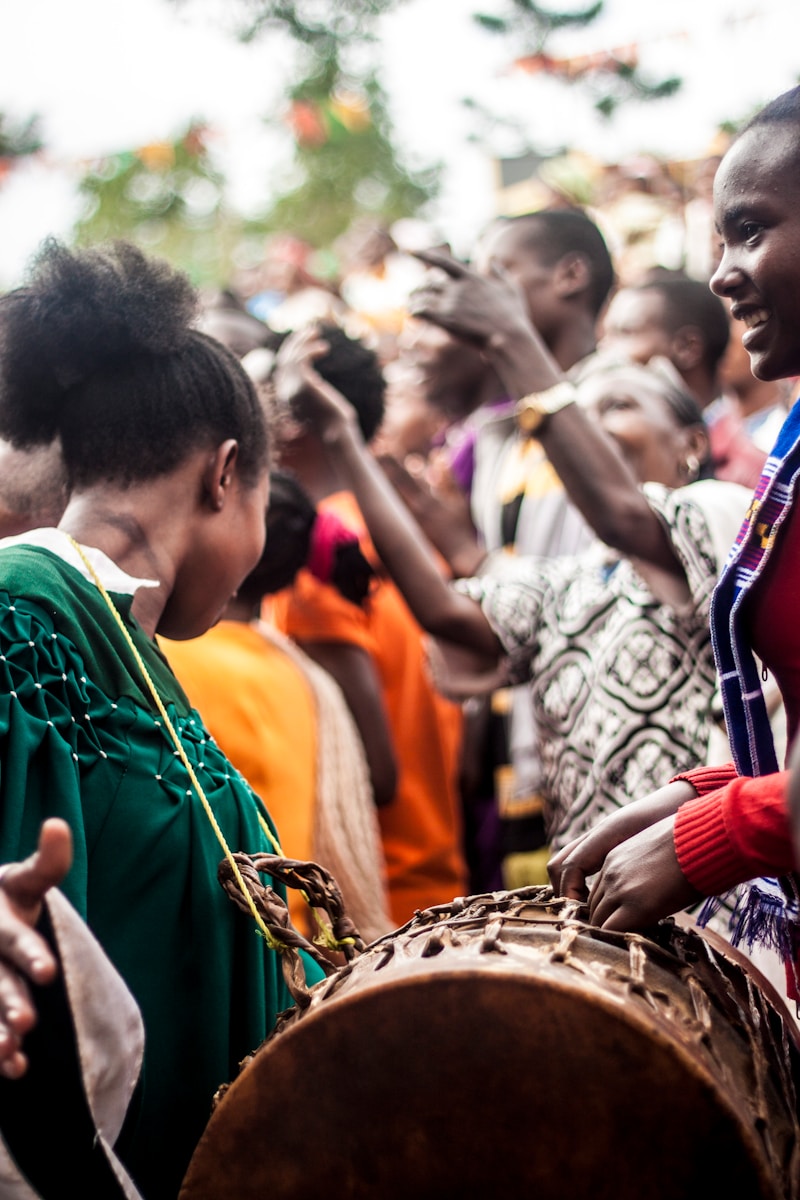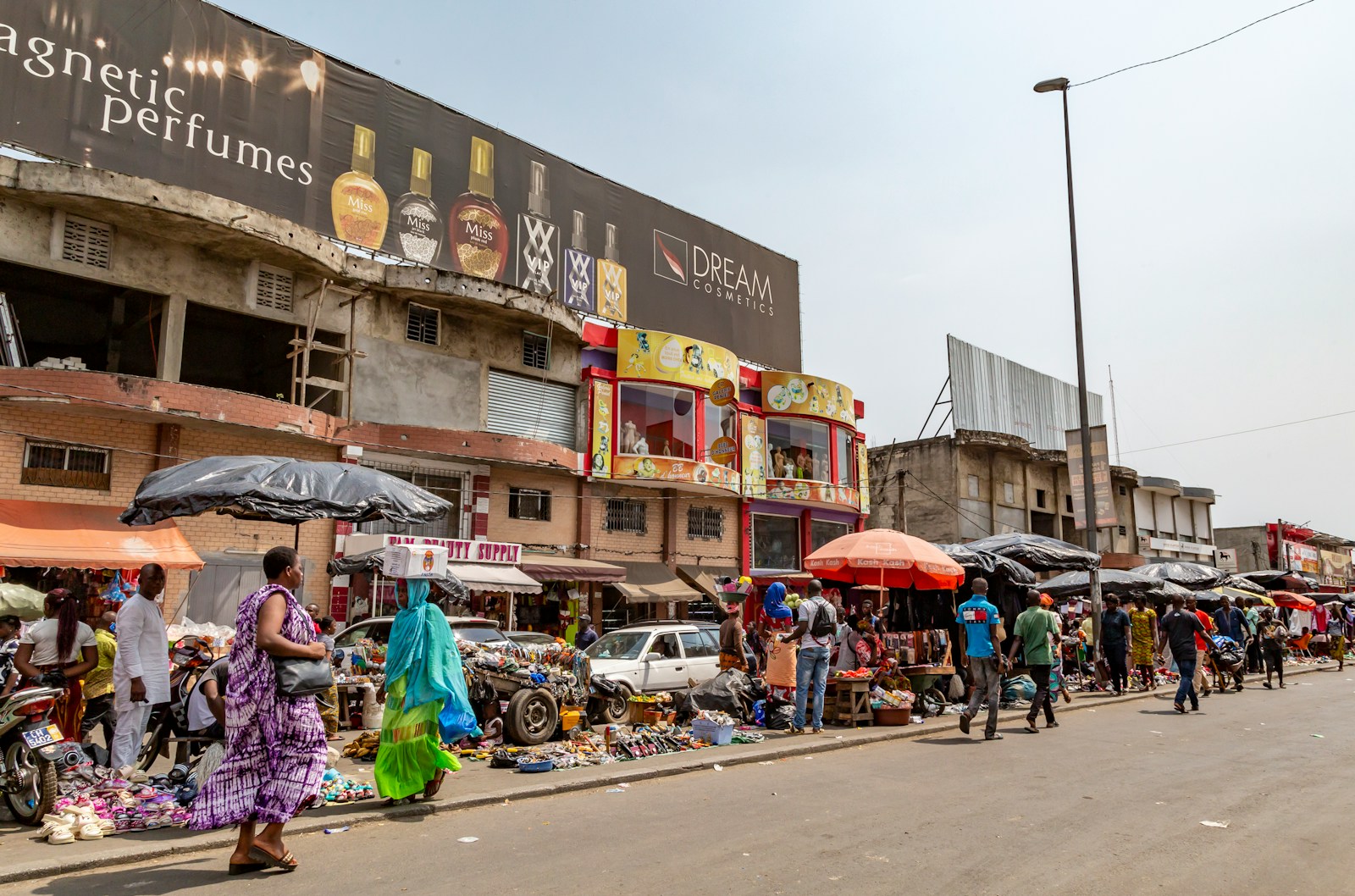Introduction
Palestinian flights arriving in South Africa have triggered a storm in politics, diplomacy and public opinion.
A chartered plane carrying more than 150 people from war-torn Gaza landed at Johannesburg’s O.R. Tambo International Airport after a stopover in Kenya. Many passengers had unclear documents, no return tickets and no clear plans for where they would stay.
Foreign Minister Ronald Lamola now claims these movements form part of an “orchestrated” agenda to empty Gaza and the West Bank, and has vowed to prevent similar arrivals.
At the same time, the people on board say they were fleeing bombing, loss and trauma.
This article unpacks the key facts behind the controversy.
Palestinian flights: What actually happened at OR Tambo
The first major incident involved a chartered aircraft that landed at O.R. Tambo International Airport with around 153 people from Gaza on board. The plane came via Nairobi and touched down early in the morning.
Border and immigration officials refused to let passengers disembark for about 12 hours. Authorities said the travellers lacked proper exit stamps from Israel, could not show detailed itineraries, and had no return flights or formal asylum claims.
Rights groups and humanitarian workers later described desperate scenes on the hot aircraft, with children crying, little water, and a heavily pregnant woman among those on board.
Eventually, 130 people were allowed entry on 90-day visa exemptions. Others continued to countries like Canada, Australia and Malaysia after further checks.
Palestinian flights: Why Lamola calls them “orchestrated”
Ronald Lamola has framed the incident as more than a simple evacuation or humanitarian passage. Speaking in Cape Town, he said the arrivals “represent a broader agenda to remove Palestinians from Palestine” and referred to what he sees as a “clearly orchestrated operation”.
He argues that the pattern of chartered movement, the lack of transparent information on organisers, and the focus on sending people to distant countries suggest something beyond spontaneous refugee journeys.
Lamola also links the timing to ongoing war conditions in Gaza and to what he views as attempts to change facts on the ground by encouraging or enabling permanent departures rather than temporary protection.
In his view, allowing repeated charter arrivals without clarity would undermine South Africa’s stance that Palestinians have a right to remain on their land and return there once hostilities cease.
Palestinian flights: Who is believed to be behind the charters?
Investigations so far point to a Jerusalem-linked organisation commonly referred to as Al-Majd or Al-Majd Europe. Media and officials say this group coordinated travel from Gaza via Israel’s Ramon Airport, then onward to Nairobi and Johannesburg.
The Palestinian Embassy in South Africa has accused an “unregistered and misleading organisation” of exploiting desperate families, collecting money from them and arranging travel in an irregular and irresponsible way.
Reports differ on the sums involved, but several passengers say they paid about US$2,000 per seat, while others quote a range of roughly US$1,500–$5,000 depending on age and destination.
South African intelligence services are now probing how the organisation is structured, who funds it, whether it has links to Israeli entities, and how much authorities in Israel and third countries knew about the arrangements.
Palestinian flights: How Israel and organisers explain the departures
Israeli officials acknowledge that the departures happened but present them in very different terms. An army spokesperson has said the passengers left Gaza legally, under exit permits approved in coordination with a third country.
From this perspective, the flights are framed as voluntary emigration or emergency relocation for individuals who chose to leave a war zone and had foreign support or sponsorship. Israeli sources also stress that border controls, including at Kerem Shalom and Ramon Airport, were followed.
Reports in parts of the Israeli and international press describe the organising association as offering a costly but legal route out of Gaza to countries such as Indonesia, Malaysia and South Africa, with paperwork arranged on the travellers’ behalf.
This narrative clashes directly with South Africa’s suspicion that the charters form part of a broader strategy of depopulation rather than simple humanitarian evacuation.
Palestinian flights: South Africa’s legal and immigration concerns
South Africa’s border authorities emphasise that they initially acted on standard immigration rules. Passengers arriving without departure stamps, return tickets or clear accommodation plans would normally not be allowed entry, regardless of nationality.
Officials also insist they had to ensure people would not be stranded, destitute or trafficked once inside the country. The lack of clarity over who organised the travel, how money changed hands and what support structures were in place raised red flags.
President Cyril Ramaphosa has announced an intelligence-led probe into the flights, saying government must know exactly “who put them on the plane and why”.
At the same time, after pressure from civil society and humanitarian groups, authorities accepted the group under a special visa exemption and emphasised that the decision was made “out of compassion” while the investigation continues.
Palestinian flights: Humanitarian realities for families from Gaza
People on the planes tell a story of extreme hardship and fear. Many describe months of bombardment, displacement, destroyed homes and deaths of relatives in Gaza following Israel’s war against Hamas after the October 2023 attacks.
Several passengers say they sold jewellery, borrowed money or pooled family savings to pay for seats, hoping to reach safety and access medical treatment. Some spoke of injured children, chronic illnesses or trauma that local hospitals, under siege conditions, could no longer properly treat.
Once in South Africa, humanitarian organisations like Gift of the Givers mobilised to provide accommodation, food, counselling and legal guidance.
For these families, the choice was not between staying or leaving in calm conditions. It was between remaining in a devastated enclave with little hope, or risking money and uncertainty on a journey they believed might save their lives.
Palestinian flights: Allegations of ethnic cleansing and international law
Lamola’s most charged claim is that the pattern of charters points to an “agenda to cleanse Palestinians out of Gaza and the West Bank”.
In international law, forced population transfer and ethnic cleansing are serious violations and can form part of crimes against humanity or genocide when carried out in a systematic way. Whether that threshold is met is for courts and tribunals, not politicians, to decide.
South Africa fears that large-scale outward movement under pressure of war, combined with organized resettlement to distant countries, could make it harder for people to return and easier to entrench new demographic realities in Gaza.
Israel rejects accusations of ethnic cleansing and argues it is fighting Hamas, not civilians, while allowing some residents to leave in coordination with foreign states.
This clash of narratives sits at the centre of the present dispute.
Palestinian flights: Link to South Africa’s ICJ genocide case
The controversy unfolds while South Africa is already pursuing a landmark case at the International Court of Justice, alleging that Israel’s conduct in Gaza breaches the Genocide Convention.
In that case, South Africa argues that large-scale killings, destruction of infrastructure, and language by Israeli leaders show an intent to destroy Palestinians in Gaza “as a group, in whole or in part”. Israel denies this and says it is acting in self-defence.
The new charter arrivals have now become another piece of political evidence in public debates. Officials in Pretoria say they view them as part of a wider pattern of displacement that supports their concerns about long-term demographic change.
Whatever the legal outcome at the ICJ, this incident reinforces South Africa’s self-image as a vocal defender of Palestinian rights on the global stage.
Palestinian flights: Domestic politics and public opinion in South Africa
Domestically, the incident has exposed tensions between border control, solidarity and humanitarian duty.
South Africa has a long history of aligning itself with the Palestinian cause, often drawing parallels with its own anti-apartheid struggle. Many political parties, unions and civil society groups expect government to take a strong, visible stand.
At the same time, ordinary citizens worry about jobs, migration management and state capacity. Social media debates show a mix of empathy for people fleeing war and concern about whether processes are being bent or bypassed.
Opposition voices have questioned why the passengers were first blocked and then admitted, while others have criticised the 12-hour hold as inhumane.
The incident therefore sits at the crossroads of foreign policy symbolism and day-to-day governance pressures.
Palestinian flights: What this saga means going forward
For now, Lamola has declared that South Africa “does not want any further flights to come our way” under similar circumstances, tying future decisions to the findings of ongoing investigations.
Intelligence agencies are mapping the networks behind the charters, while humanitarian organisations are trying to stabilise the lives of those who have already arrived.
Future outcomes will depend on three things: whether evidence supports claims of organised depopulation, how other states react to similar movements, and whether lasting ceasefires or political solutions in Gaza reduce the pressure to leave.
In the meantime, the episode stands as a test of South Africa’s ability to combine principled foreign policy with fair, transparent migration management.
FAQs
Why are Palestinian flights to South Africa so controversial?
They are controversial because the South African government suspects the Palestinian flights are part of a coordinated effort to empty Gaza and the West Bank, while others say they are simply costly escape routes from a war zone.
Who organised the Palestinian flights and how much did people pay?
Reports suggest a Jerusalem-linked group called Al-Majd arranged the Palestinian flights, with passengers paying roughly US$1,500–$5,000 per seat to leave Gaza and reach countries like South Africa.
Did South Africa allow the Palestinian flights passengers to stay?
Yes. After hours of being held on the plane, most of those who arrived on the Palestinian flights were eventually granted 90-day visa exemptions on humanitarian grounds, while an investigation into the charters continues.
Conclusion
The Palestinian flights saga blends human desperation, opaque travel networks and high-stakes geopolitics. On one side are families who paid large sums to escape bombardment and trauma in Gaza. On the other is a South African government convinced that these movements may signal a broader plan to reshape the region’s population map.




